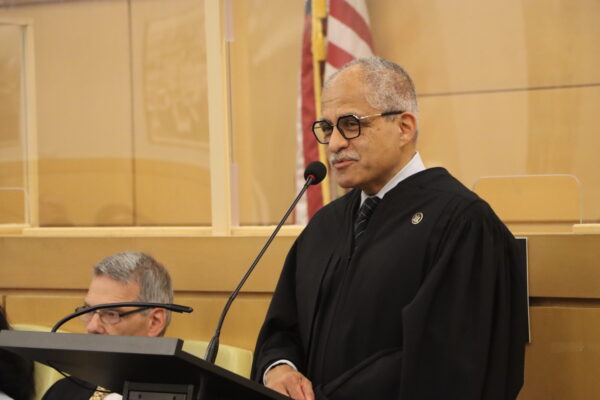New York Court of Appeals to review controversial gun control cases

Chief Judge Rowan Wilson of the New York State Court of Appeals
Photo: Mario Belluomo/Brooklyn Eagle
Photo: Mario Belluomo/Brooklyn Eagle
In a pivotal moment for gun rights in New York, the state’s highest court is set to review five cases challenging the constitutionality of the state’s gun control laws. The decision, expected in mid-September, comes in the wake of a U.S. Supreme Court ruling that struck down a New York law restricting handgun possession in public.
These cases could have far-reaching consequences for gun control laws in New York and potentially across the country. If the Court of Appeals strikes down the laws, numerous gun possession convictions could be overturned. Alternatively, upholding the laws could set a precedent for stricter gun control measures and lead to a barrage of appeals to U.S. appellate courts.